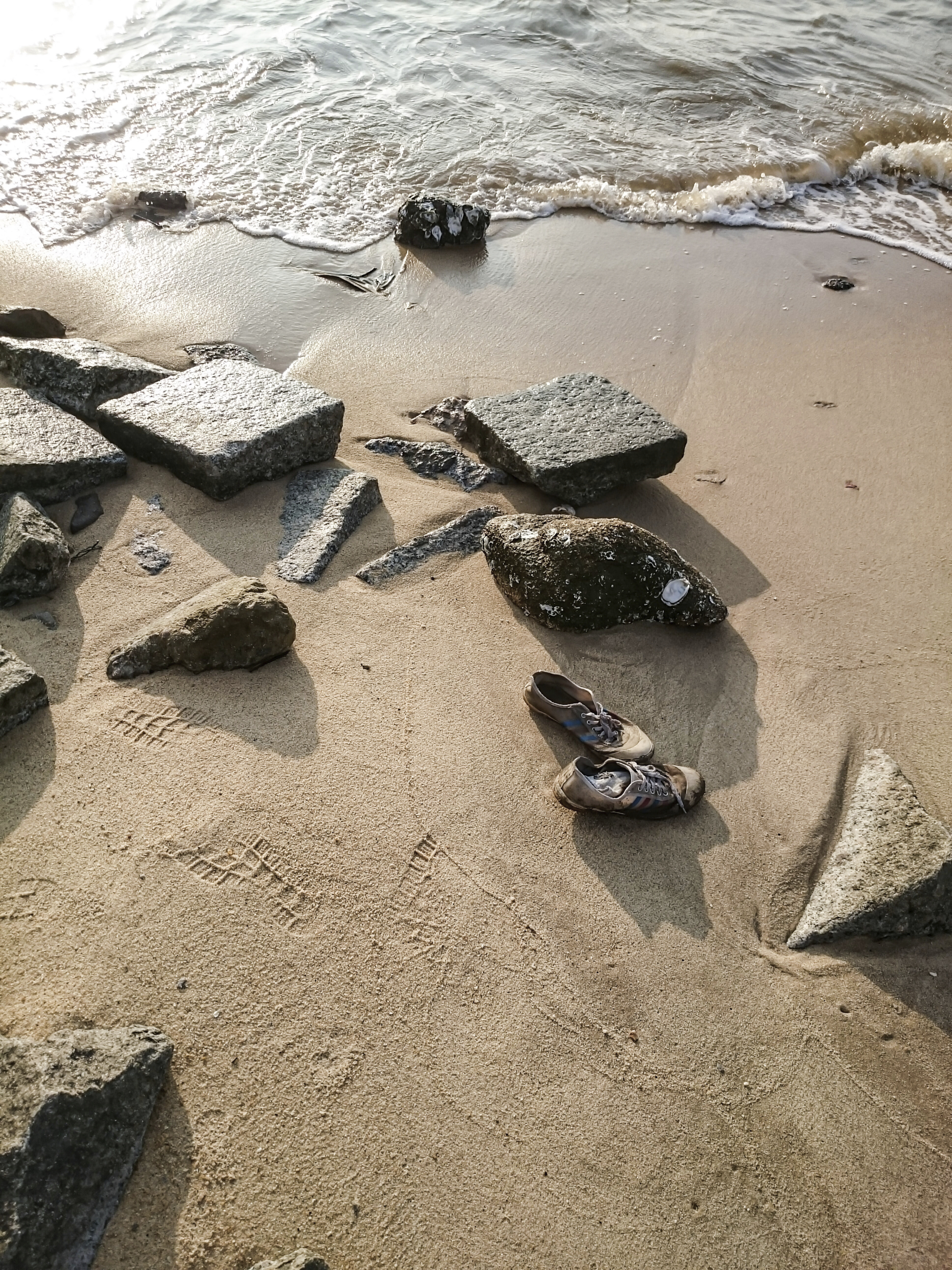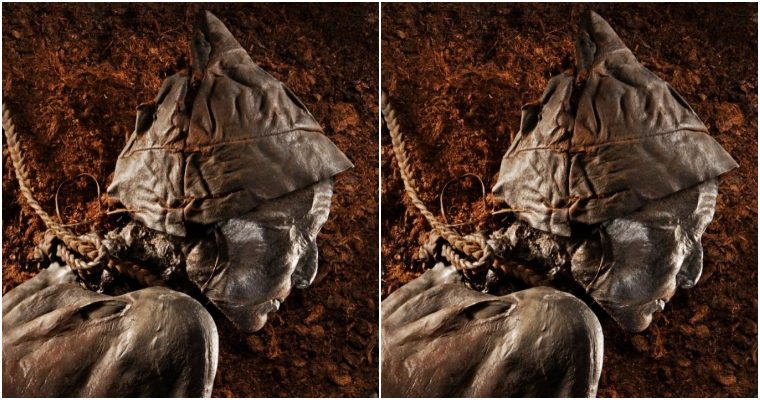The New Zealand police are investigating a lone shoe that washed up on a beach with a human foot still inside of it.

The shoe was found by a person walking on Petone Beach in the Wellington area on Saturday morning, Detective Senior Sergeant Steve Williamson said, per The New Zealand Herald.
Police are not treating the investigation as a homicide, and are still conducting early-stage probes and fact-finding, Williamson said, per the local media outlet Stuff.
“Police completed a land and water search around the area the shoe was located. Nothing further was located,” the New Zealand police told Insider in a statement.
“Formal identification of the foot will take place in due course,” the police added.

Residents told local media they were stunned by the discovery.
“We bring our kids down here,” a woman named Julie told Radio New Zealand when interviewed at the beach. “You’re not sure if you’re going to find the other one.”
“We usually go for a beach walk every day and for some reason, we didn’t this morning,” Alfred Memelink, the owner of a local art gallery near the coast, told The New Zealand Herald. “What went through my mind was that it easily could have been us who came across it, and it would have been pretty gruesome.”
More than a dozen human feet have washed up in the Canadian province of British Columbia and the state of Washington since 2007. Many of them were found in sneakers, like a Nike running shoe found in West Vancouver.
Karan Raj, a UK National Health Service surgeon, explained the phenomenon in 2021 in a viral TikTok video.
Feet tend to wash up on beaches because they are often severed when ocean floor scavengers feed on human corpses, according to Raj.
“When a human corpse falls to the ocean floor, it’s quickly set upon by scavengers,” said Raj. “These scavengers are lazy feeders and prefer to tackle the softer parts of the body than the tough, grisly bits.”
When sea creatures chew on tissues and ligaments around the ankles of a corpse, the body’s feet become detached quickly, and are buoyed to the surface by the sneakers attached to them, Raj said.
Raj added that these feet might be bobbing to the surface more often because of changes in the way sneakers are designed.
“Over the last few decades shoes have become more buoyant, as a result, we could be seeing more severed feet wash up on our shores,” he added.








